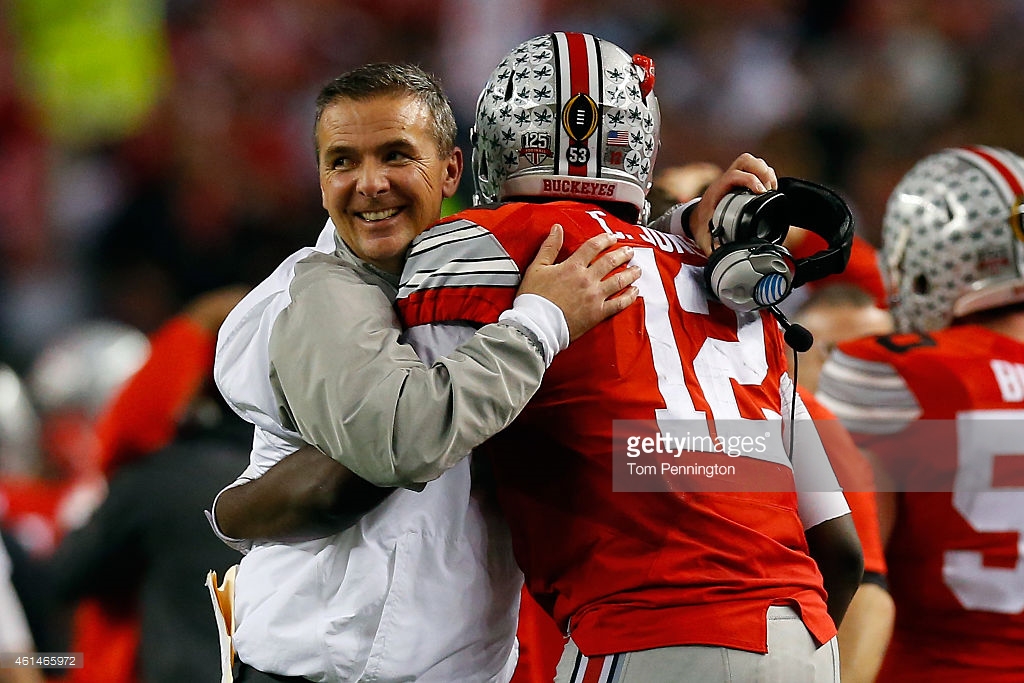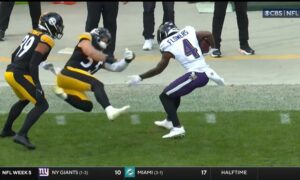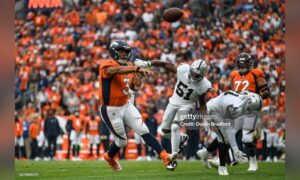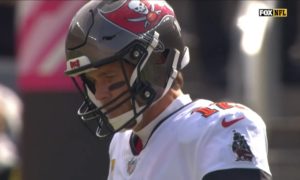Coaches of all levels have an incentive to keep their players around for as long as possible. In the NFL, usually the matter is whether or not the team is willing or able to afford to pay them what they are looking for; sometimes the issue is his role on the team. For college coaches, it’s players leaving college early to declare for the NFL.
But there is a problem in that that is as bad for the players as it is for the coaches, because if a player fails to get drafted or signed after the draft by a team, they have no means of returning to their college team in the hopes of trying again next year by improving their stock with their on-field performance.
Once a player declares for the draft, they forfeit their future eligibility as a student-athlete, and this is becoming an increasingly important point now that more and more underclassmen are choosing to declare early.
Ohio State Coach Urban Meyer had nine players forfeit their remaining eligibility last season, and while the majority of them had good reason to do so—e.g. they were drafted, often high in the draft—two of them did not get drafted. Had they known the true likelihood of that happening, they likely would not have declared.
This is a problem for coaches, but it should also be seen as a problem for football in general, and there are some pretty simple things that can be done, which Meyer suggests, to help alleviate the issue, which obviously starts with eliminating the necessity of forfeiting future eligibility to declare for the draft.
Meyer, however, and other prominent college head coaches have supported the idea of a sort of junior Combine in which underclassmen get an opportunity to work out for NFL scouts and get direct, meaningful feedback about their potential futures should they leave the amateur ranks.
The distinguished coach recently said that he has spoken with others about actually working toward implementing such an idea, saying that “we’re going to try to get something where there’s a time those [scouts] can actually come in and they can work out the juniors. Because the information is good”, as transcribed by Pro Football Talk.
Meyer points out that the players are getting feedback from somewhere anyway, and that information is often bad when it results in them not getting drafted after being told they had, for example, a mid-round grade. “So why not get it from the experts—the scouts, the general managers, people who have the right information”, he asked.
Personally, I appreciate the fact that prominent figures such as Meyer are lending their voices to this issue, regardless of whether or not they stand to gain from it, because the players that it affects also gains from it, as does, in my opinion, the game as a whole, and I hope that in the near future something meaningful comes about to address it.








